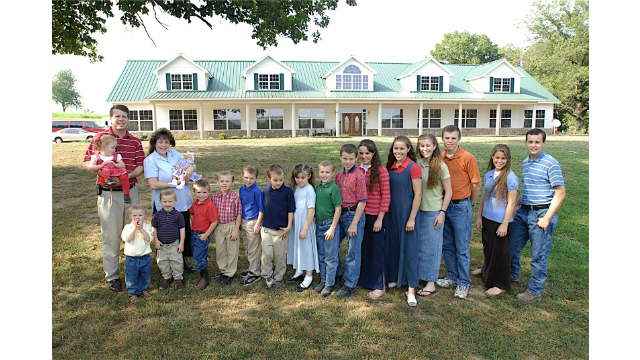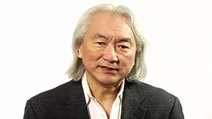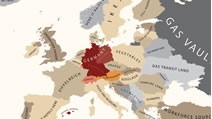Remaining Puzzle #12: Why Do People With Many Siblings Have Many Children?

For the last six years, I have been compiling a list of empirical puzzles that evolutionary psychology cannot yet solve.
It began with the concluding chapter in our book Why Beautiful People Have More Daughters. In it we admitted that, as great as evolutionary psychology was at explaining the mysteries of human behavior, there were a few things that it could not yet explain. We began with the remaining puzzles that Robert Wright listed in the conclusion of his 1994 book The Moral Animal, which is the book that introduced me to evolutionary psychology so many years ago:
1. What about homosexuals?
2. Why are siblings often so different from one another?
3. Why do people choose to have few or no kids?
4. Why do people commit suicide?
5. Why do people kill their own children?
6. Why do soldiers die for their countries?
Between 1994, when Wright compiled the list, and 2007, when we published our book, Puzzles #1, 2, and 5 had already been solved by various scientists. Then, in the concluding chapter of our 2007 book, we added three more puzzles:
7. Why do children love their parents?
8. Why do parents in advanced industrial nations have so few children?
9. Why do people find a tan attractive? Why do men hog the remote control and typically channel surf much more than women? Why are men mostly responsible for barbecuing and carving meats while women do most of the other cooking? (Okay, these are three separate questions in a potpourri category.)
Since then, on my The Scientific Fundamentalist blog, my friend and colleague David de Meza solved Puzzle #7, and a reader of Why Beautiful People Have More Daughters, the evolutionary criminologist Professor Emeritus Daniel B. Kennedy of the University of Detroit Mercy, provided a solution to Puzzle #6 (to be presented in the next post). To the best of my knowledge, all the other empirical puzzles remain.
In my The Scientific Fundamentalist blog, I added two more puzzles:
10. Why do men murder their pregnant wives/girlfriends?
11. Why does parenthood make us unhappy?
In E Pur Si Muove, I would like to continue the compilation, and here’s Puzzle #12.
Studies show that fertility is substantially heritable; genes partly influence how many children one has. Children of parents who have many children also have many children; children of parents who have few children also have few children. As a result, there is a strong positive correlation between the number of siblings one has (which equals the number of children that one’s parents had minus one) and the number of children one has. People who have many siblings have many children; people who have few siblings have few children. Only children often produce only children themselves.
While it is easy to manufacture a fuzzy socio-cultural explanation for this phenomenon (“People who grow up with many siblings will appreciate and understand the benefits and value of having large families”), the positive correlation between the number of siblings and the number of children makes no evolutionary sense. Evolutionary theory actually predicts a negative correlation. People who have many siblings should have few children, and people who have few siblings should have many children.
This is because people with many siblings have the option of investing in their younger siblings and increasing their reproductive success by doing so. Humans are just as genetically related to their full siblings as they are to their own biological children; both share half their genes. (In fact, given nontrivial paternity uncertainty, men are actually more genetically related to their full siblings than they are to their own putative children.) So investing in and “raising” younger siblings is just as good genetically and evolutionarily as investing in and raising one’s own genetic children. So people who have many siblings don’t have to have many children. In sharp contrast, people with few siblings don’t have the option of investing in their younger siblings, so the only way they can increase their reproductive success is having their own children.
The evolutionary logic thus leads us to predict that there should be a negative correlation between the number of siblings and the number of children, but all available studies (including ones conducted by myself) contradict this prediction. In all studies, the number of siblings has a strong positive effect on the number of children, and people who have more siblings tend to have more children. This is a mystery for evolutionary psychology (and, once again, only for evolutionary psychology), which I have not been able to solve.
Follow me on Twitter: @SatoshiKanazawa


